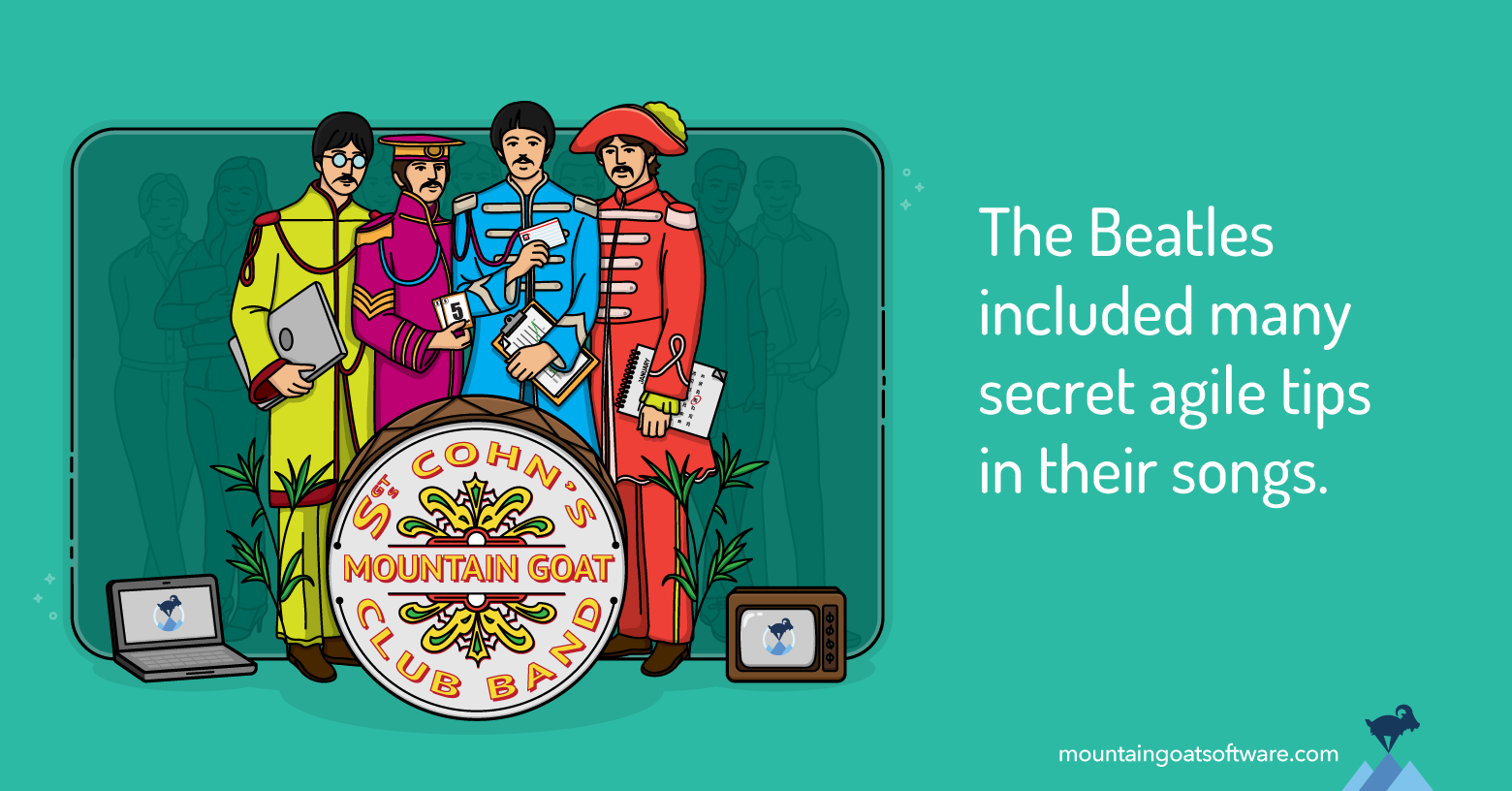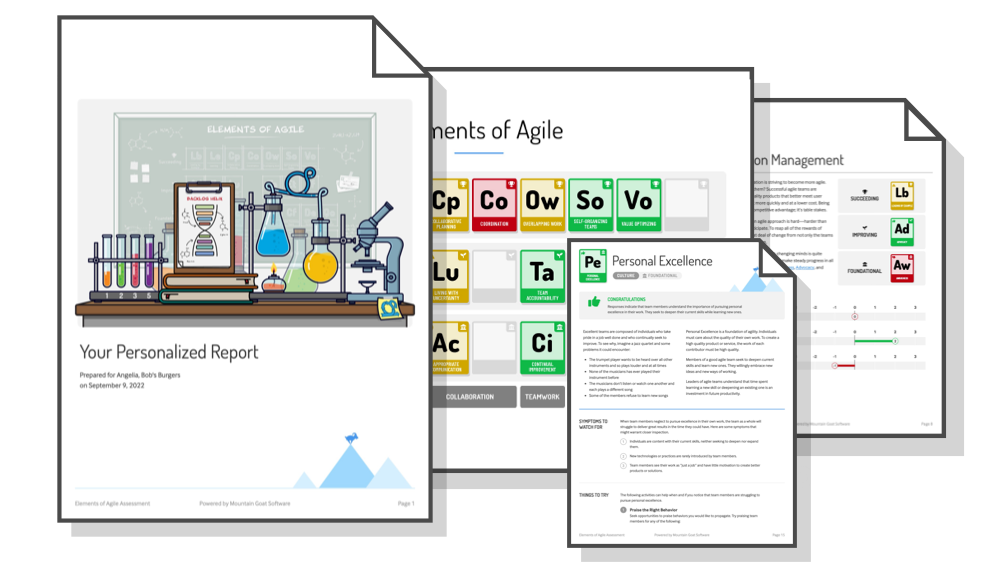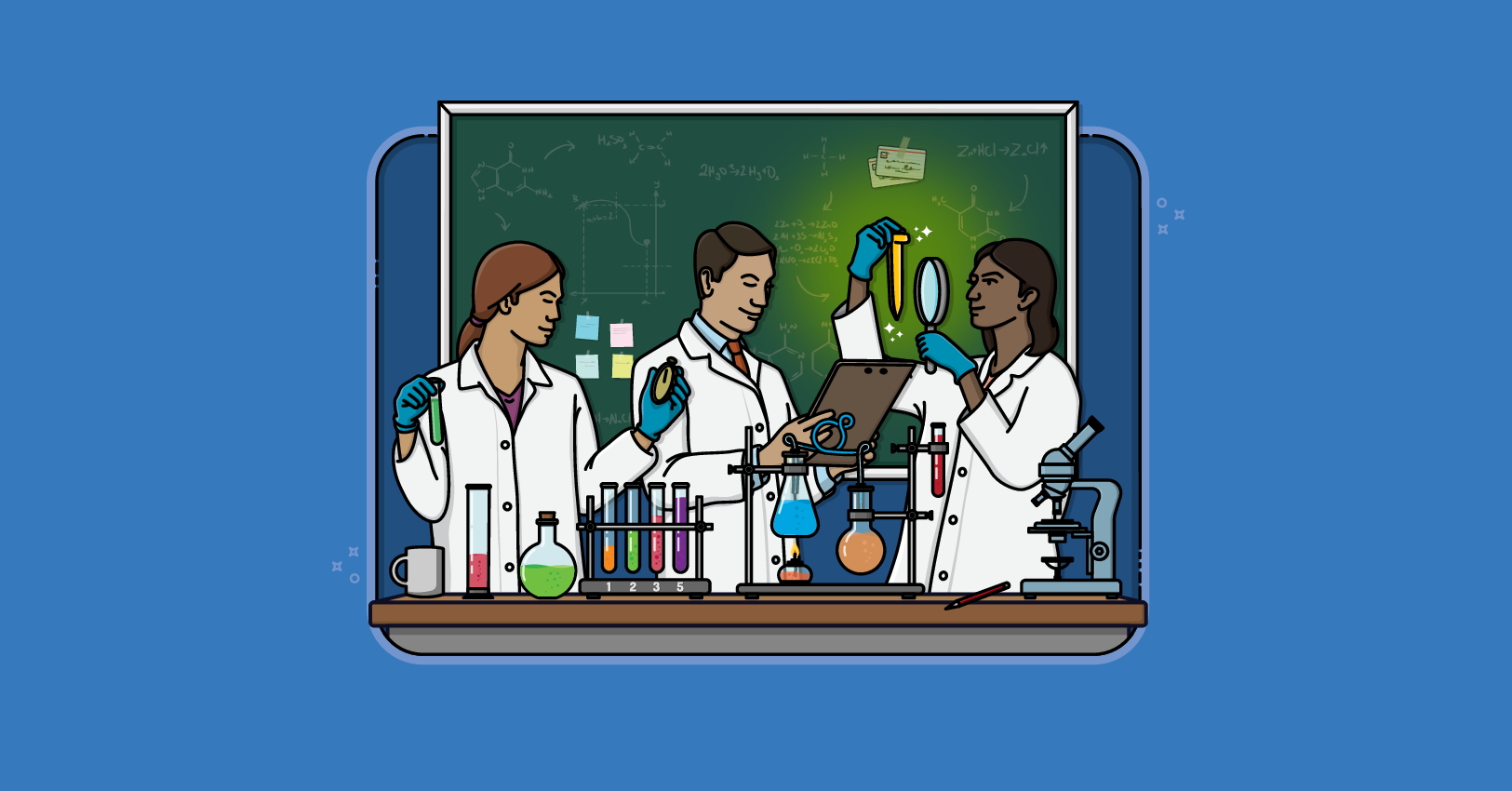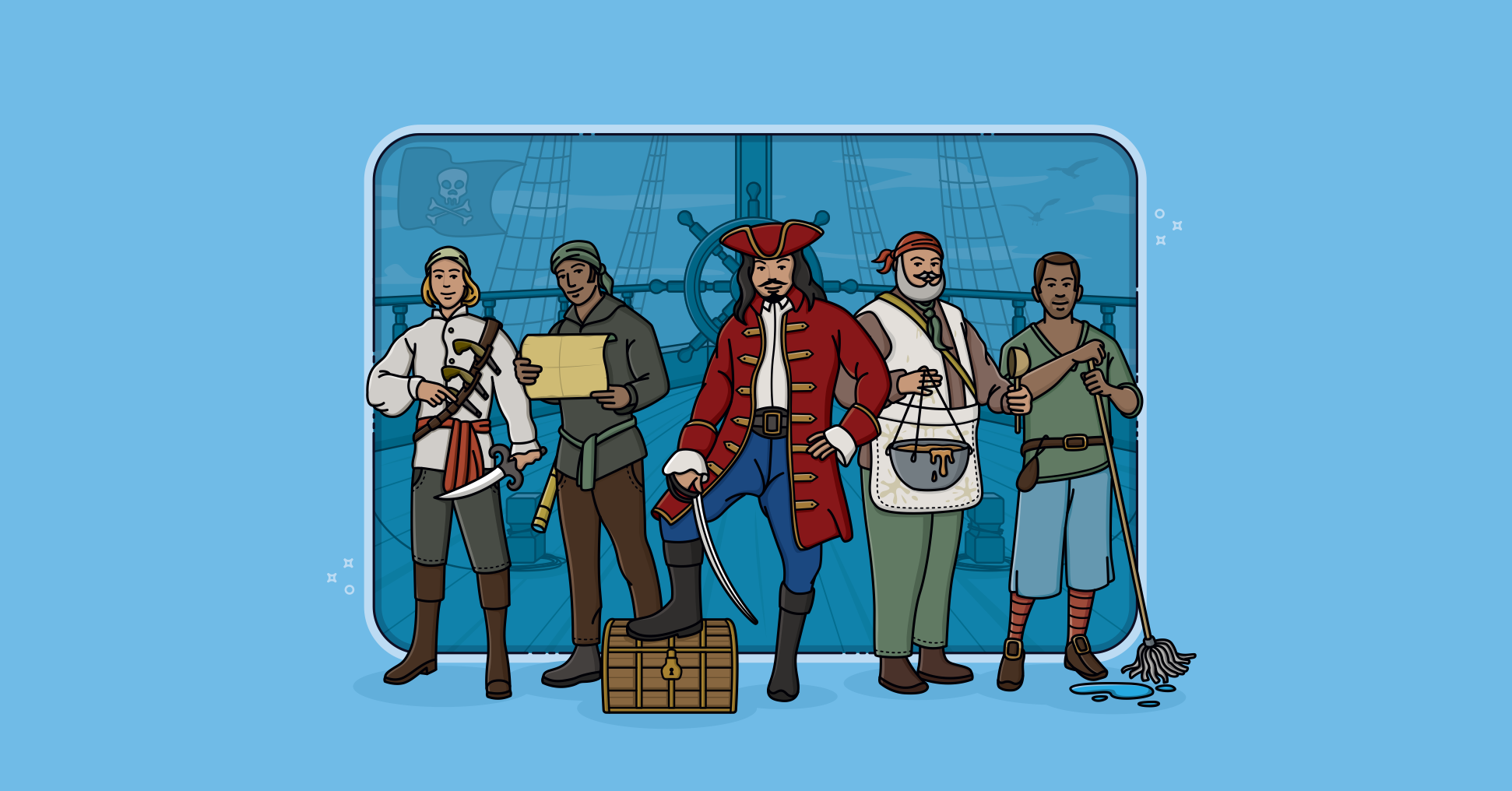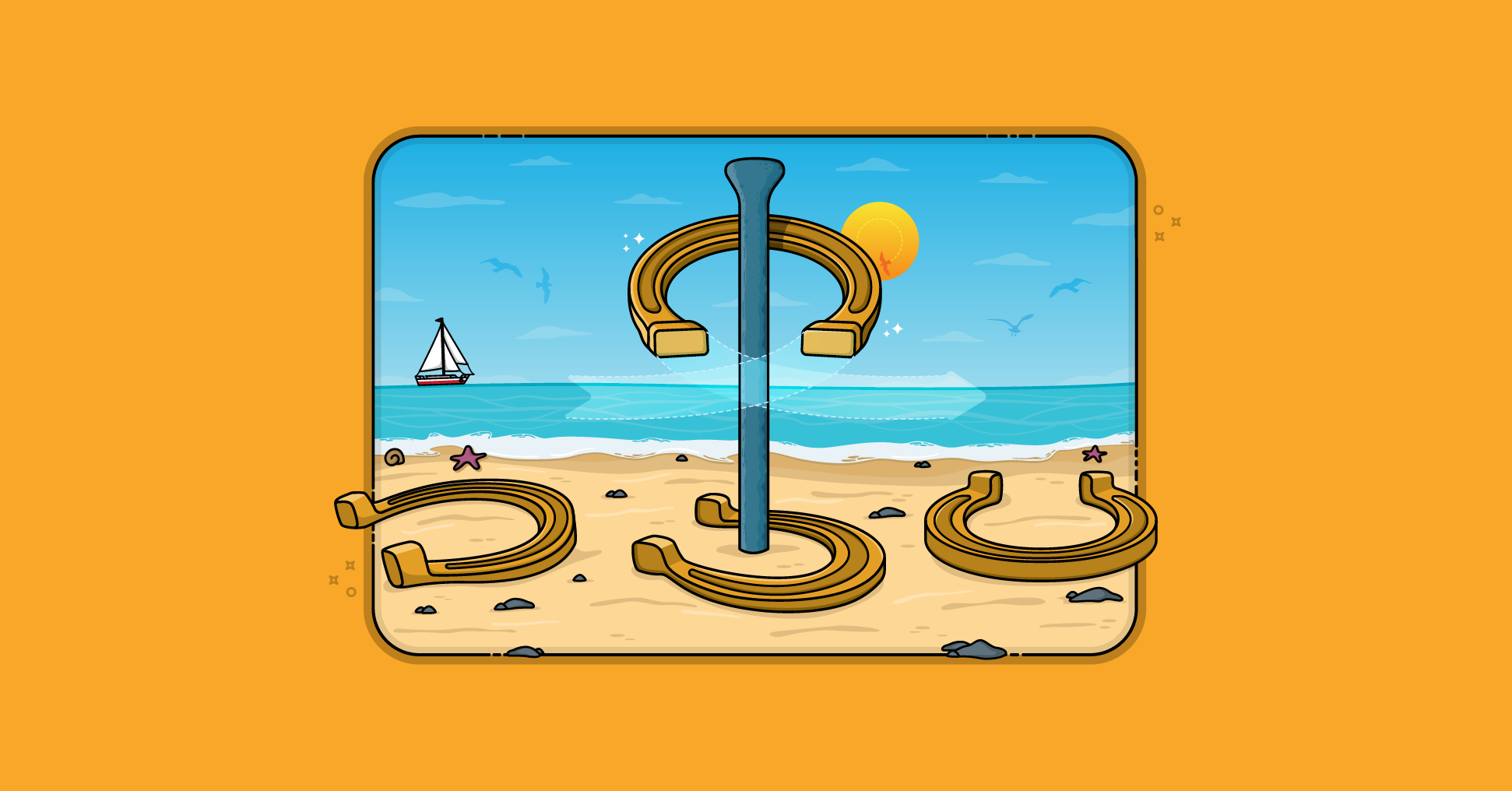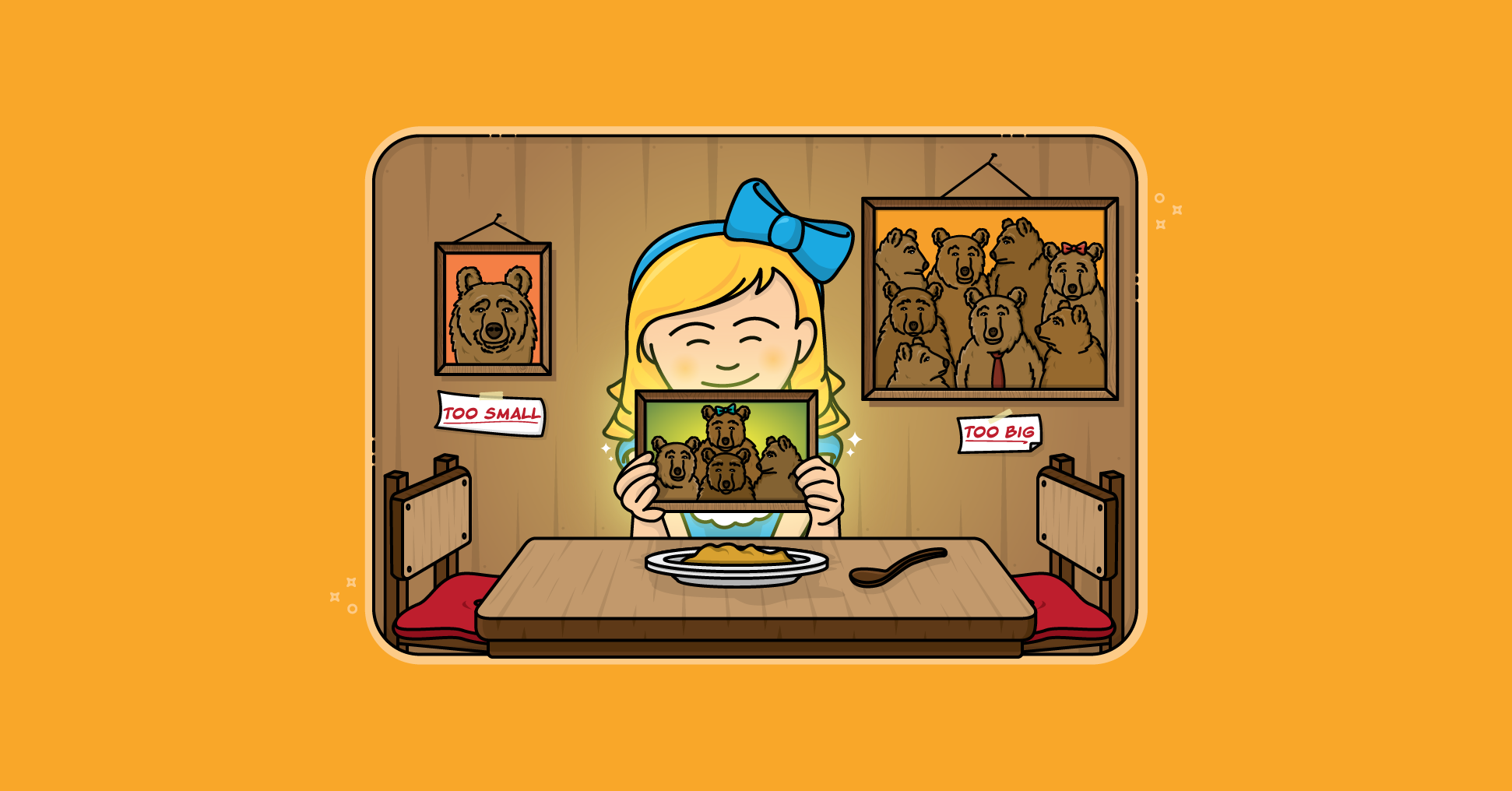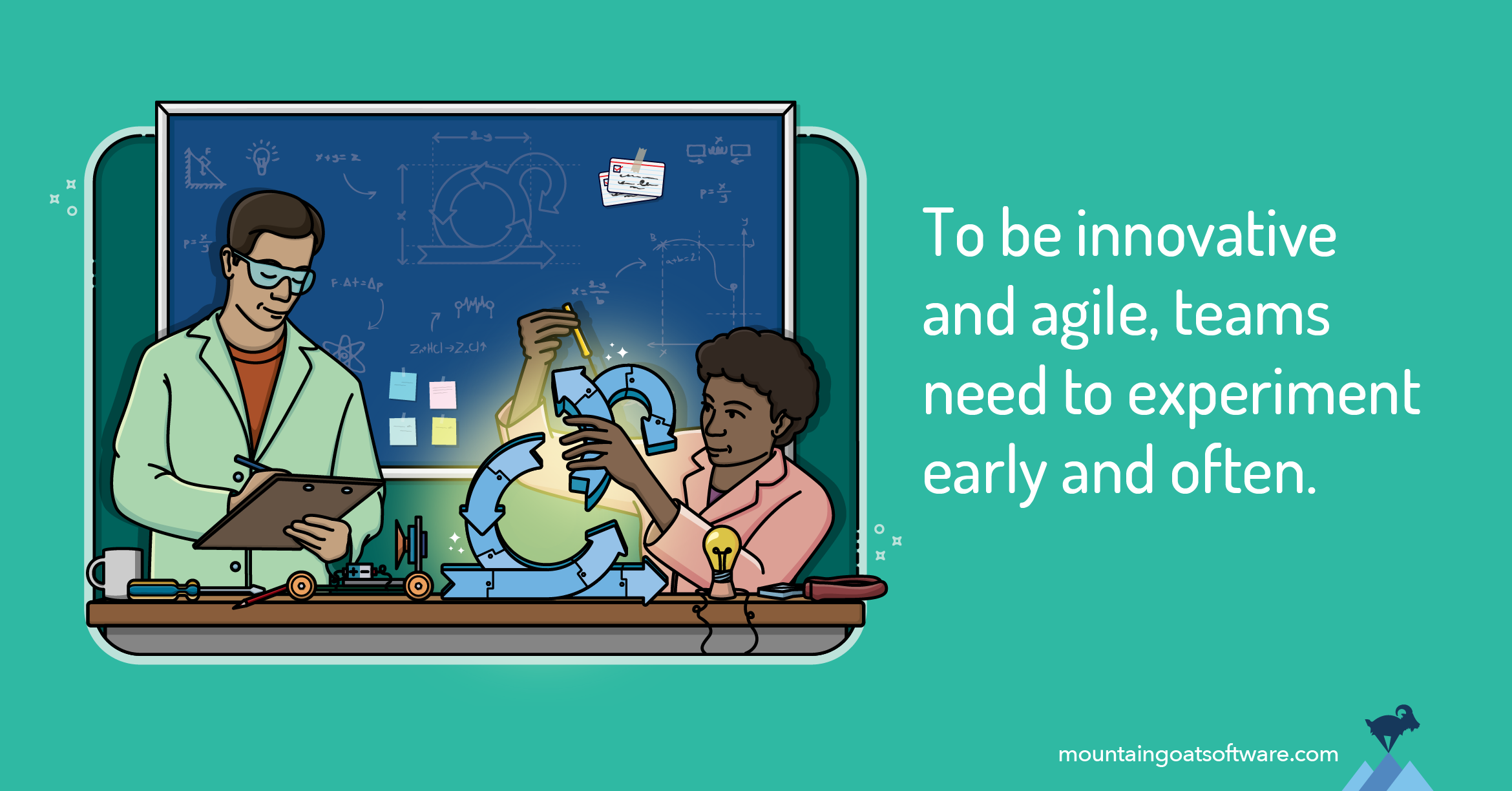While cleaning my home office recently, I decided I would listen to all of the Beatles' albums. I'd start with "Please, Please Me" from 1963 and work my way to 1970's "Let It Be." My goal was to finish cleaning before the Beatles ended with "Get Back." In doing so, I realized that much of what I know about agile, I learned from the Beatles. In particular, here are the top ten things I learned from Beatles songs.
10. Eight Days a Week
In this song, John Lennon sings to a girl that he "ain't got nothing but love, Babe, eight days a week." Of course, there aren't eight days in a week, so John is really singing about overtime. And from it, I learned that while overtime is best avoided in most cases, it may occasionally be needed when a regular work week is not enough to show I care.
9. Don't Let Me Down
In this song, John assumes the persona of a user or customer of an agile product. And he reminds us that our goal is “don’t let me down.” To ensure that we delight our customers, our agile team must remain focused on delivering value.
8. Come Together
One of the best ways for a team to deliver value to its customers and users is to collaborate with them. This led the Beatles to encourage teams and their stakeholders to “come together” to build the best product possible. In particular, Lennon condemned developers who ignore user's needs and just build what they want. He called such developers "jokers" and sang, "Got to be a joker, he just do what he please." The best agile teams do not have jokers who just build what they please.
7. Tomorrow Never Knows
The popular agile phrase, "You ain't gonna need it" is often simplified to YAGNI. This refers to the difficulty of designing for more than the immediate future. Before we had YAGNI, we had John Lennon warning us that "tomorrow never knows," meaning we should design only for the current day.
6. We Can Work it Out
This collaboration between Lennon and Paul McCartney suggests to teams and stakeholders that when it comes to solving problems, “we can work it out” when we work together.
The line, "Do I have to keep on talking till I can't go on?" reminds teams that code settles arguments. Build it, release it and see what customers think rather than talking until you can't go on.
By cautioning teams that "only time will tell if I am right or I am wrong," Lennon and McCartney urge teams to create a minimum viable product to find out how reality matches up against expectations.
5. I Am the Walrus
In this song, Lennon was singing about what is commonly known as eating your own dog food. The idea here is that team members should, if at all possible, use the product they are building. This means that developers are not just developers but are also users. Or, as Lennon sang, "I am he as you are he as you are me and we are all together."
4. A Day in the Life
In this poignant tune, the Beatles caution that only by watching a user as he “woke up, fell out of bed, and dragged a comb across his head” could agile team members truly understand their users. To develop products that fully meet their users’ needs, agile teams need to get out of their offices and to go study a day in the life of their users.
3. With a Little Help from My Friends
The daily standup is one of the most common practices among agile teams. During these meetings, team members are encouraged to present any impediments they are facing and to solicit help from others on the team. Those working on an agile team quickly learn they can “get by with a little help from [their] friends.”
2. Can't Buy Me Love
In the Beatles' fourth number-one hit, Paul McCartney reminded agile teams that there are some things money can't buy. Many fans heard McCartney sing, "I don't care too much for money, money can't buy me love," and thought he was referring to the love of a woman.
Agile teams understood him, however, to be singing about the love of customers for the team's product. McCartney was admonishing teams to produce high quality software. He knew that even one low quality release would cause customers to no longer love a product and that no amount of money could be thrown at poor quality to buy the customers' love.
1. Getting Better
Even the best of agile teams can get better. The pursuit of continuous improvement is common to all of the best agile teams. McCartney knew this and wrote this song to encourage teams to always be “getting better, a little better all the time.”
There you have it--the top ten things I've learned from Beatles songs.
No wonder they were known as the Fab Four. Beyond the great music and great lyrics, I bet they could have developed some amazing products had they set their minds to it.
Last update: June 25th, 2024

